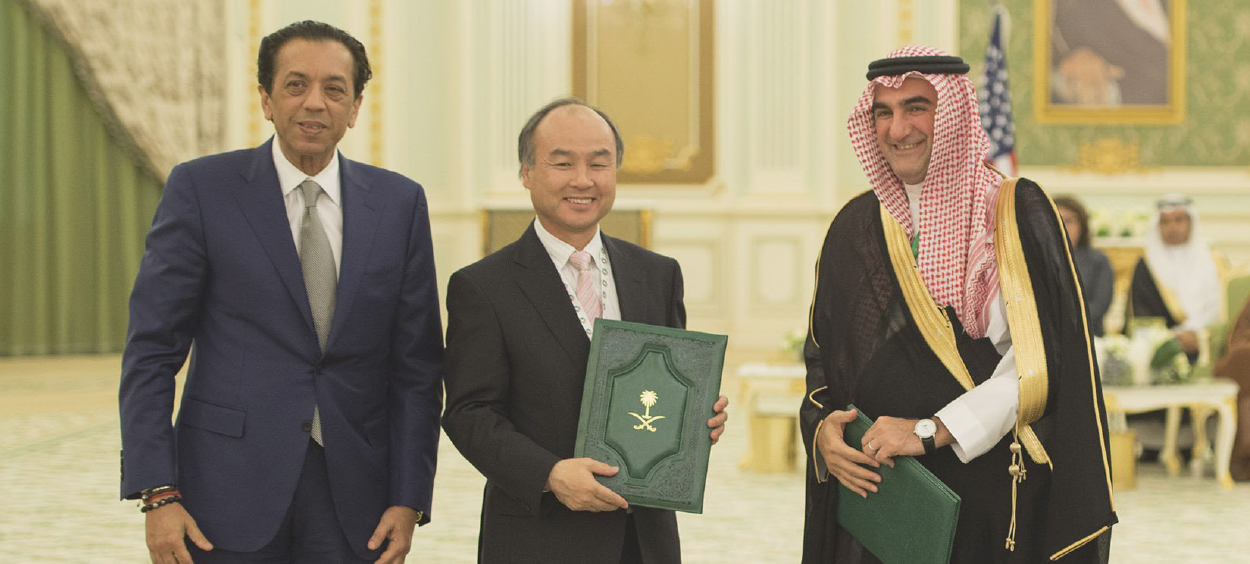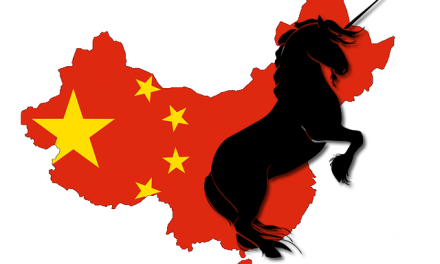
Japan’s CVCs

In Japan, the role of large enterprises in the startup scene has also gotten bigger and bigger because a large amount of funds have flowed into startup companies from Corporate venture capitals (CVCs).
CVC is the investment of corporate funds, but in many cases in Japan, large enterprises establish subsidiaries in a bit to focus on just investment work and we call these subsidiary companies CVC(s).
U.S.A
In the Unites States, VC’s flow of money is from fund to fund.
In fact, about 5 ~ 10% of managed assets of pension funds are allocated to private equity including VC according to TechCrunch Japan.
Japan
In contrast, Japan’s VC funds are mostly invested by large corporations inasmuch as institutional funds aren’t usually allocated to internal VCs.
For instance, the most famous corporate fund is SoftBank Vision Fund (SVF), invested by Softbank, Apple, Mubadala Development Company, Hon Hai Precision Industry, etc (the initial scale was US$93B).
In addition, we could also see big companies funding startup directly.
How do you see Japan’s situation?
If you’re a foreign person, this Japan’s system might a bit weird. However, startup firms can also benefit from large enterprises’ direct investments.
One of the biggest benefits is that not only do startups receive funding, but they might also be able to get managerial and operational supports with regard to human resources, commercial channel, technology, R&D, etc.
Therefore, even some entrepreneurs prefer to be funded by CVC rather than VC.
CVCs
The characteristic of Japanese CVCs is that their parent companies are in multiple industries from IT to advertising, media, commercial, newspaper, etc (even comedy).
Here’s the list of Japan’s CVCs.
Telecommunication

The SoftBank Vision Fund‘s initial committed capital was over U.S.$93B. In addition to SoftBank Group Corp and the Public Investment Fund of the Kingdom of Saudi Arabia, investors in the Fund also include the Mubadala Investment Company of the United Arab Emirates, Apple Inc., Foxconn Technology Group, Qualcomm Incorporated and Sharp Corporation.
The Fund was targeting a total of U.S.$100 billion of committed capital, with a final close within six months.
KDDI provides two startup supporting programs depending on the growth stage of the business.
KDDI ∞ Labo is an acceleration program for seed and early stage startups and KDDI Open Innovation Fund is a corporate venture capital for early and middle stage startups.
NTT DOCOMO Ventures offers 3 different programs, DOCOMO ventures (= early and middle stage startups), DOCOMO Innovation Village (= seed stage startups) and 39 Works innovation program (= joint R&D with startups).

TV media
・FUJI STARTUP VENTURES
Total Investment: ¥1.5B
Investment Field: IT Startups only (both internal and global)
・ABC DREAM VENTURES
Total Investment: ¥1.2B
Investment Stage: Early ~ Late Stage
Advertising
・Recruit
Investment Stage: Middle ~ Late Stage
・Dentsu Digital Fund (Dentsu Innovation Partners)
Total Investment: ¥10B
Investment Stage: Seed ~ Late Stage
e.g Seed = ¥2.5M ~ ¥100M/ Late = ¥500M
・Dentsu Ventures
Total fund capital: ¥10B
Investment Stages: Seed ~ late Stage
Investment Region: Global investments with a central focus on the U.S., Europe and Asia
Commercial
・Itochu Technology Ventures
Total Investment: ¥810M
Investment Stage: Seed ~ Late Stage
e.g Seed/ Early = ¥10M ~ ¥100M/ Middle/ Late =¥50M ~ ¥500M
Investment Field: IT Startups only
Investment Region: Japan, US, Israel, China and other Asian regions
・Mitsui Global Investment
Investment Stage: Early ~ Late Stage
Investment Field: IT&Communication, Medical Healthcare and Industrials
Investment Region: Japan, US, Israel and China
Recruiting
To be continued …
Sponsored Link



























